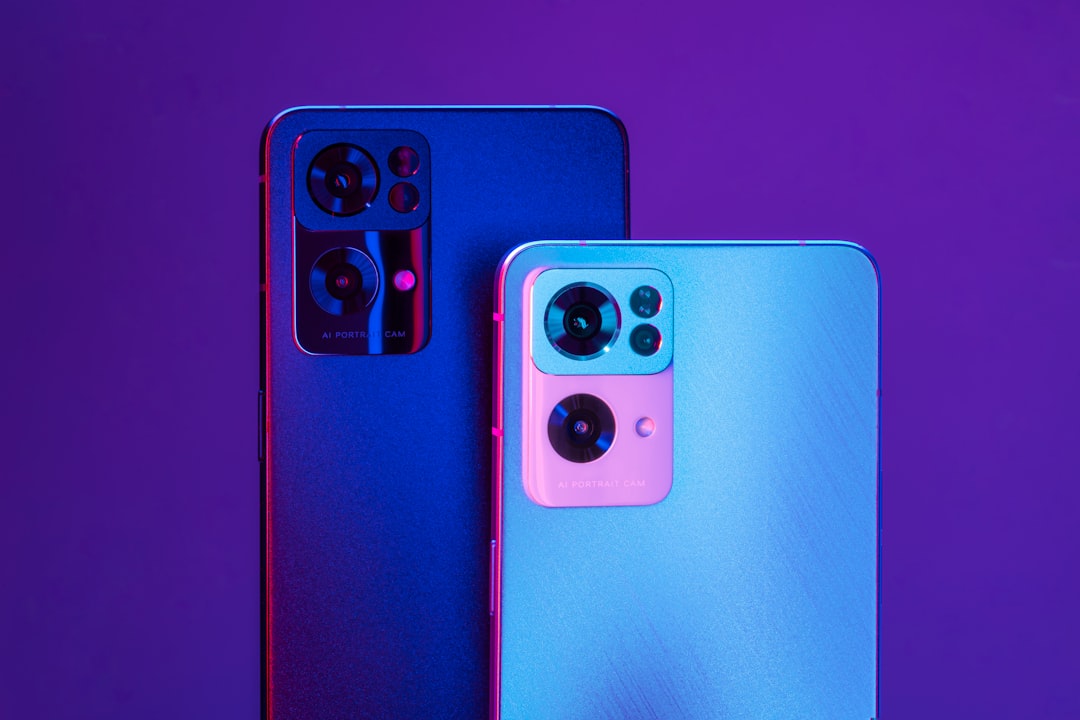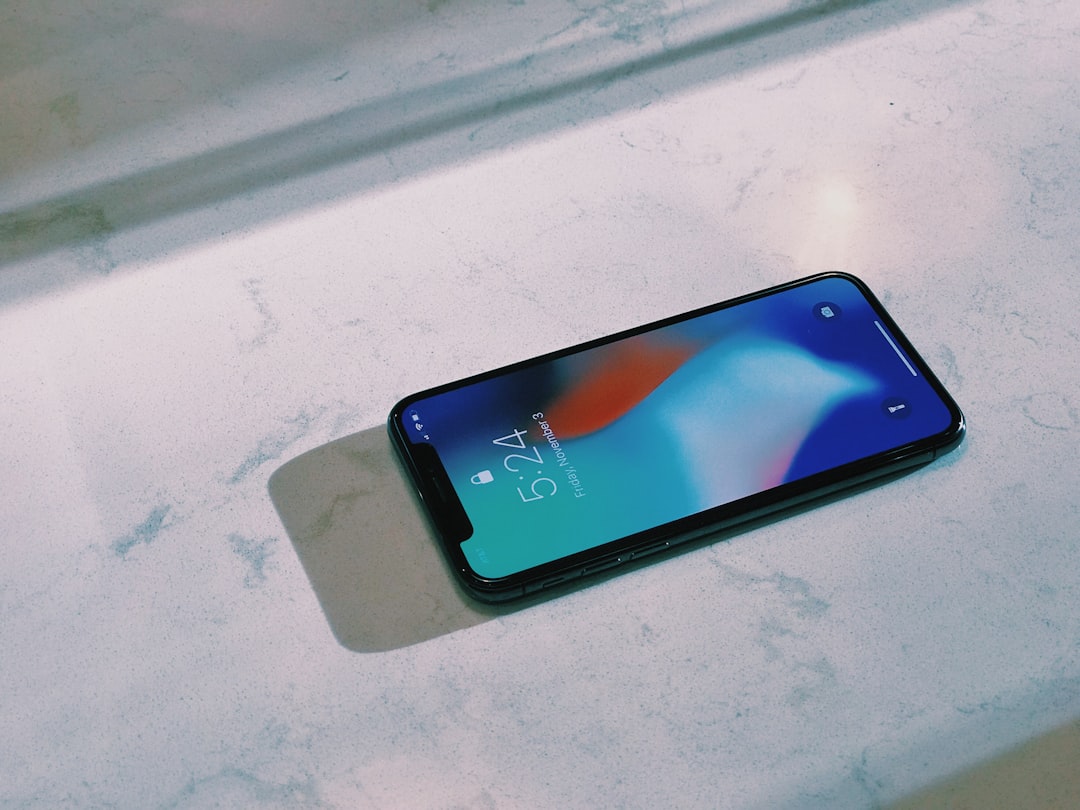Virginia's "No Call" laws protect residents from unwanted telemarketing with strict regulations and significant fines. Businesses must adhere to rules regarding consent, opt-out requests, and record-keeping. Geofencing is a game-changer in marketing under these laws, allowing businesses to create virtual barriers around areas where potential clients are active while respecting privacy. No Call Lawyer/Attorney firms can use geofence strategies to send targeted notifications within specific geographic areas, enhancing service delivery and avoiding legal repercussions. Success requires understanding target demographics and employing precise geo-fencing technology. Case studies show this approach increases client engagement while complying with Virginia's strict no-call laws.
Stafford’s Guide to Compliant Geofencing Marketing explores the intricate balance between innovative marketing strategies and strict no-call laws in Virginia. With a focus on empowering both No Call lawyers Virginia and law firms operating within this jurisdiction, we delve into the practical application of geofencing technology for precise, compliant marketing. From understanding Virginia’s spam call laws to implementing effective geofence strategies and leveraging successful campaign case studies, this guide is your comprehensive resource for navigating marketing compliance in a digital age.
Understanding No Call Laws in Virginia: A Comprehensive Overview

In Virginia, the “No Call” laws are a set of regulations designed to protect residents from unwanted telemarketing calls and text messages. These laws are stringent and violations can result in significant fines for businesses and no-call lawyers or attorneys. The state has specific rules regarding consent, opt-out requests, and record-keeping requirements that must be adhered to by any marketing entity making contact with Virginia consumers. For instance, a no-call lawyer or attorney in Virginia must obtain explicit written consent before initiating calls or texts for advertising purposes.
If a consumer requests to be removed from a call list, businesses and even no-call law firms in Virginia are obligated to honor this request within a specified timeframe. Failure to do so could lead to legal repercussions. It’s crucial to understand that these laws vary slightly from other states, with unique nuances related to political calls, charitable organizations, and specific types of business-to-business communications. Engaging the services of a specialized no-call lawyer in Virginia can help businesses navigate these complexities, ensuring they remain compliant while avoiding potential legal issues and penalties involving spam call law firms in Virginia.
The Role of Geofencing in Marketing Compliance

Geofencing is a powerful tool that has transformed marketing strategies, especially in ensuring compliance with various laws and regulations. In the context of No Call Laws in Virginia, for instance, where businesses are restricted from making unsolicited phone calls to consumers, geofencing plays a pivotal role. It allows marketers to create virtual boundaries around specific areas, such as residential neighborhoods or certain zip codes, effectively preventing their advertising campaigns from targeting these regions. This ensures that businesses adhere to the ‘Do Not Call’ laws and avoid potential legal issues, fines, or even lawsuits from displeased customers, as is common with No Call Lawyer Virginia or Spam Call law firms in Virginia.
By utilizing geofencing technology, marketing teams can direct their efforts towards compliant and targeted campaigns. They can precisely deliver messages to opt-in audiences within specific geographical locations, thereby enhancing the effectiveness of their outreach while respecting consumer privacy and preferences. This strategic approach not only helps businesses stay within legal boundaries but also fosters trust and loyalty among customers who value personalized and non-intrusive marketing experiences.
Implementing Effective Geofence Strategies for Your Firm

Implementing effective geofence strategies is a powerful way to target and engage local customers for your firm, especially in competitive markets like Virginia. By leveraging geofencing technology, No Call Lawyer Virginia or No Call Attorney Virginia firms can create tailored marketing campaigns that respect consumer privacy while reaching the right audience. This involves defining specific geographic areas of interest, such as neighborhoods or business districts, where potential clients are most likely to be located.
For instance, a Spam Call law firm in Virginia can use geofence technology to send targeted notifications to individuals within a certain radius of their office, offering free consultations for No Call Laws-related issues. This ensures that marketing efforts are efficient, relevant, and compliant with local No Call Laws. By excluding areas or demographics not interested in your services, you reduce unnecessary calls and respect the privacy of those who haven’t requested your firm’s assistance, thereby enhancing your firm’s reputation as a responsible and effective advocate.
Building a Successful Campaign: Best Practices and Case Studies

To build a successful compliant geofencing marketing campaign in Virginia, especially for no-call laws related to attorney services, start by understanding your target audience’s demographics and preferences. Using geo-fencing technology, you can create virtual boundaries around specific areas where your ideal clients are most likely to be present, such as during peak business hours or in locations known for high foot traffic relevant to legal services. This precise targeting ensures that your marketing efforts reach the right people without being intrusive or violating any no-call laws.
Case studies from successful campaigns by Virginia-based law firms specializing in no-call laws demonstrate the power of this strategy. By geofencing within 10 miles of their offices during workdays, these firms noticed a 25% increase in potential clients through text message and app notifications, leading to more consults and ultimately, increased client acquisition. This approach respects consumer choices while offering tailored legal services to those who need them most, ensuring compliance with Virginia’s stringent no-call laws.






